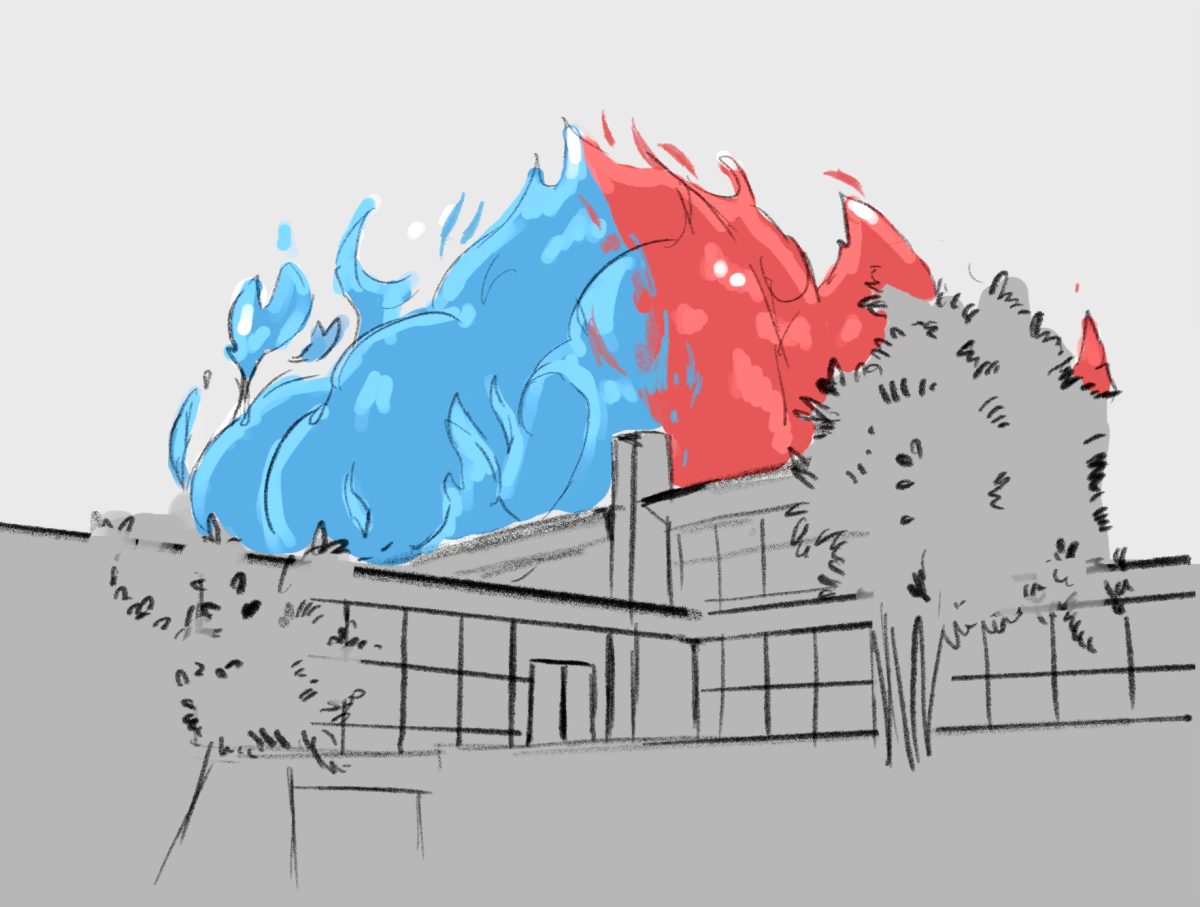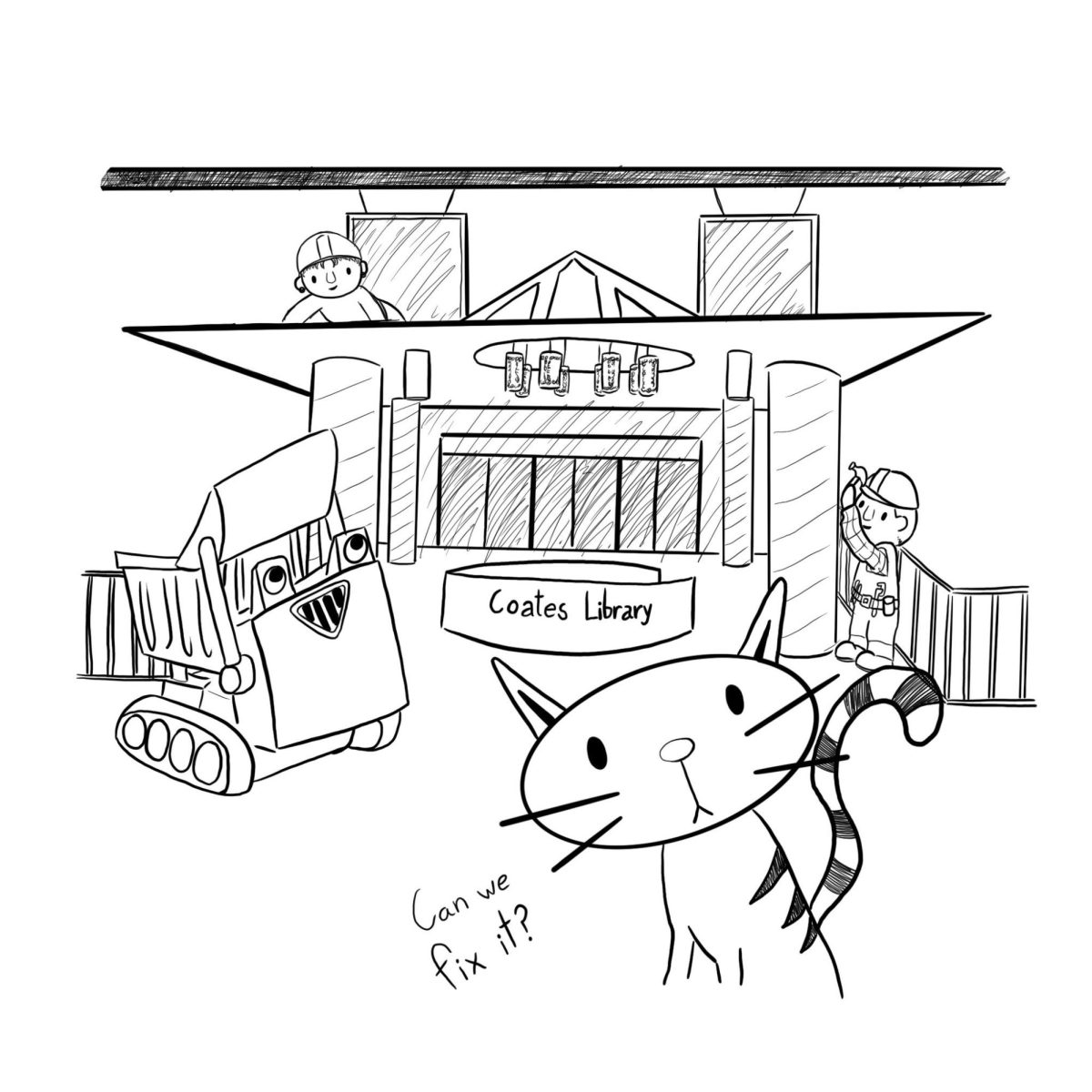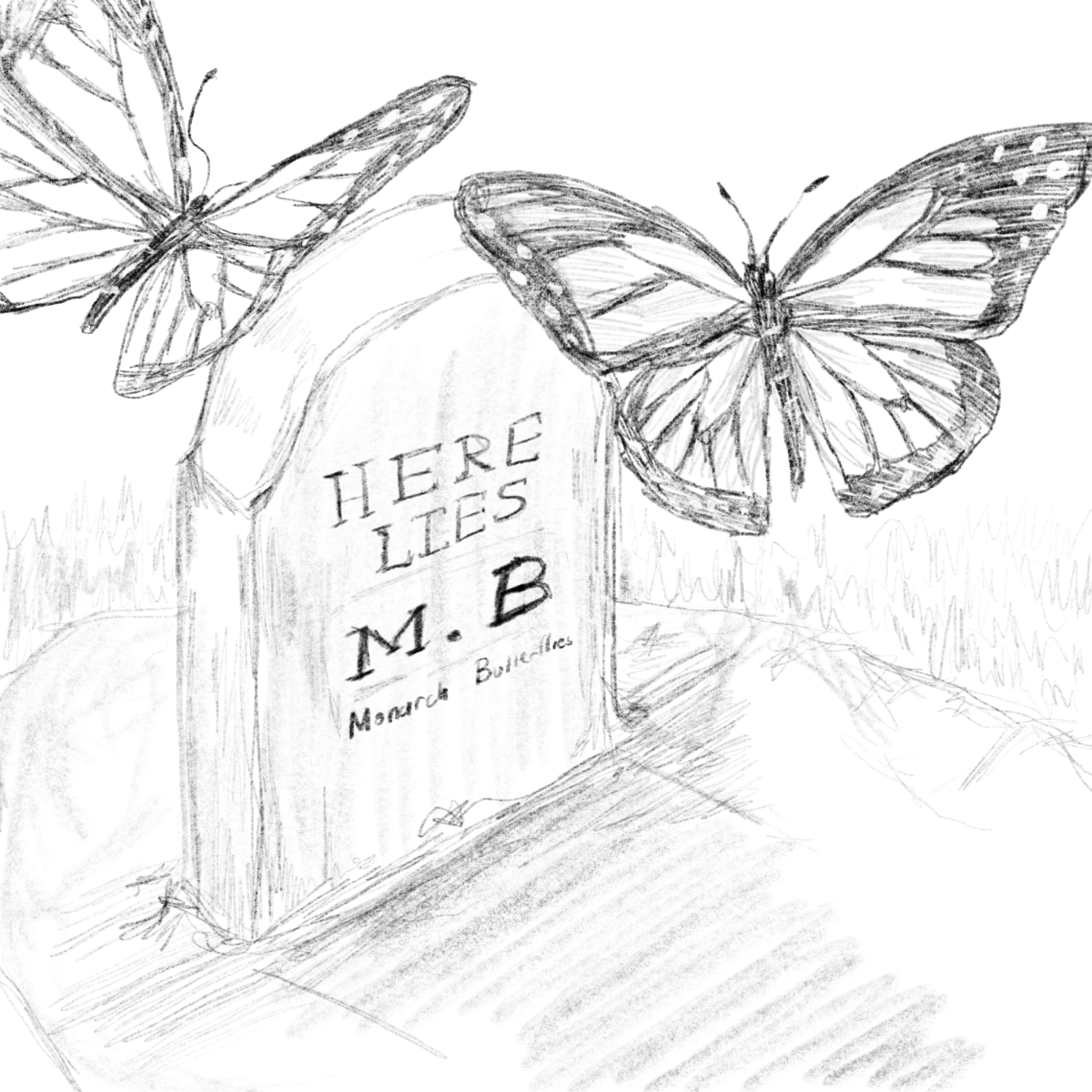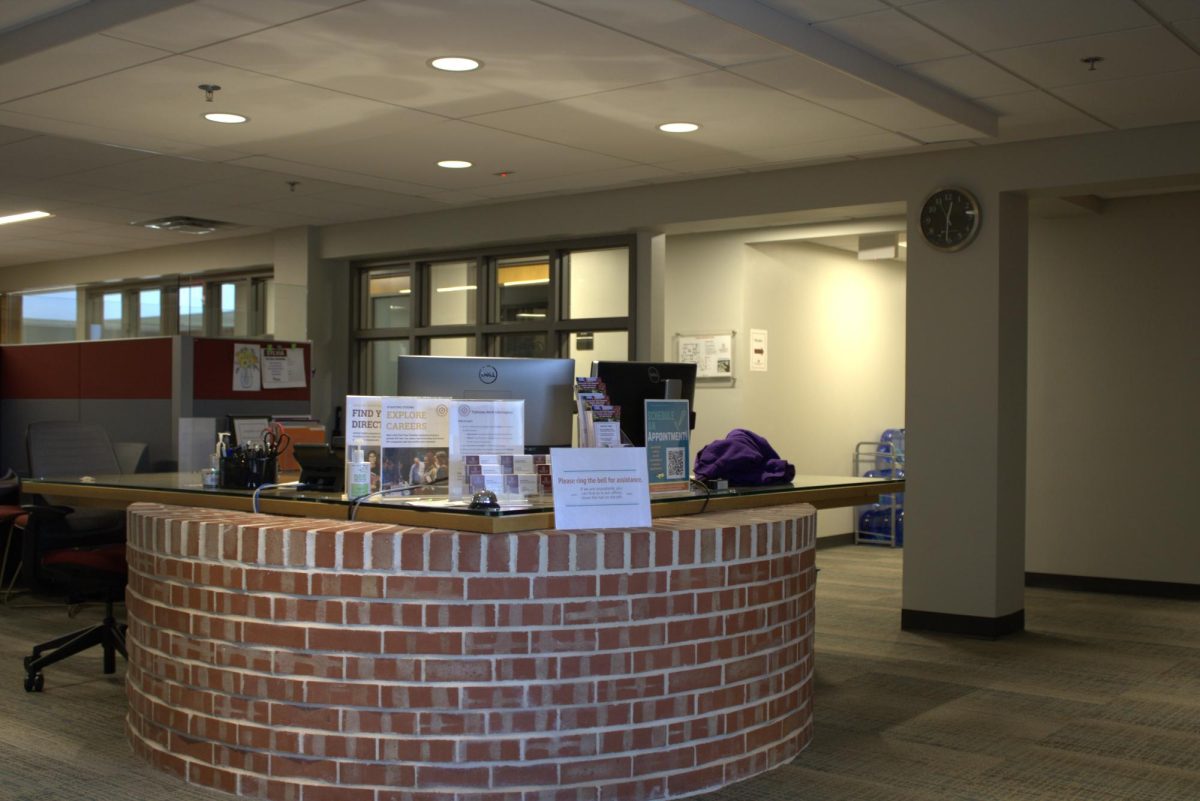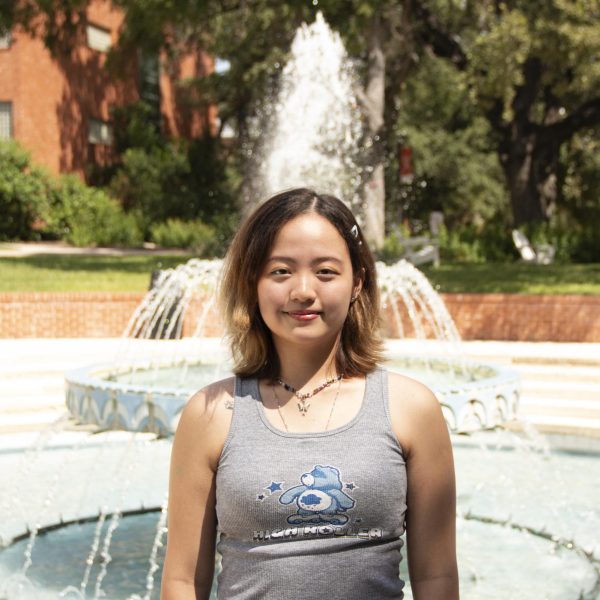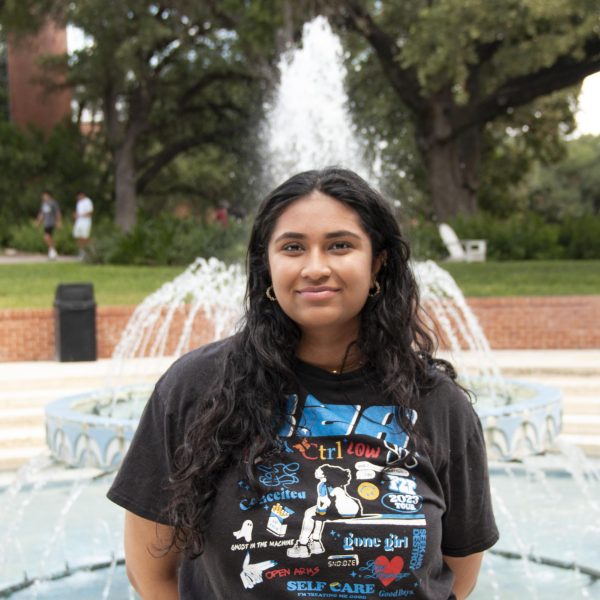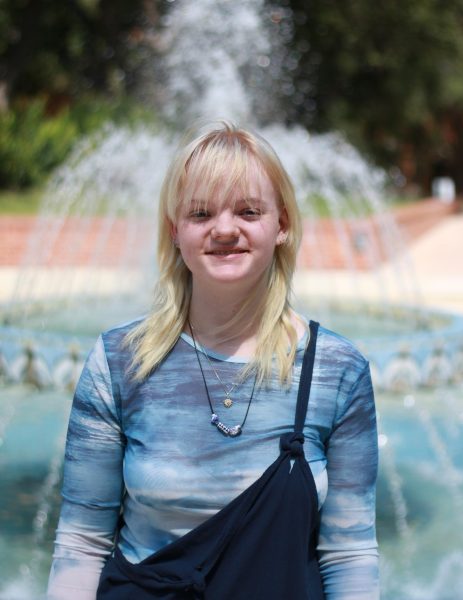Question: Should Trinity professors be permitted to discuss their political beliefs during class?
Pro: Pipp
For the average person, the idea of debating someone with different political opinions can evoke fear and apprehension. In order to avoid this uneasiness and keep the classroom civil, political science professors are expected to be neutral facilitators who can fairly encourage students to explore different sides. An underlying assumption of this responsibility is that professors are not allowed to share their own opinions, as it could be unfair to students on the opposite side of the political spectrum. However, this expectation only limits professors’ ability to establish how to have productive discussions with those of differing political opinions and undermines how education is inherently political.
To have mutually beneficial political debates, it must first be established that disagreeing with someone is not equivalent to antagonizing them (this does not apply to hate speech cloaked as an academic argument). One of the easiest ways to illustrate this idea to students is for their professors to show what it means to have a healthy political opinion that allows room for criticism and interpretation from others. Subsequently, a main concern is that students will then feel pressured to also share the same opinions as their professors, especially if the disagreement could lead to a worse grade. One study from the Journal of Curriculum Theorizing shows that there is little evidence to back up this claim, arguing that professors’ disclosure of their personal views actually allows students to better differentiate fact from opinion. Therefore, professors can set many precedents on how to respond to a political opinion, starting with their own.
Political “neutrality” in itself is also a political choice, and the things a professor chooses to not mention can still be inferred by a student to be an opinion of its own. Education is inherently political as curricula are shaped by sociopolitical and cultural contexts, and it is a professor’s job to help students navigate these existing ideologies. The role of silence is especially pressing when it comes to controversial topics of political violence, where silence can be seen as ignorance or complacence. Through careful discussion, a professor’s input does not have to take away from the core of a political class — helping students to find their own way of interpreting and perceiving politics. One teacher from Ohio, Duane Moore, emphasizes that this balance is built on a strong foundation based on facts and mutual trust between the educator and the students. While it is a well-known fact among his students that he does support Donald Trump, Moore provides concrete examples to support his opinion, helping students to both understand his stance and develop their own.
Political debates in the classroom shouldn’t be an obstacle but rather an opportunity for professors to establish healthy communication and discussion habits with students. When professors properly train their students to critically analyze political opinions, sharing their own values becomes a great training ground for students to become better acquainted with conflicting ideas. By providing adequate context and details to their personal opinions, professors can also have more control over their narratives, reducing the chances that their “neutrality” may be mistaken for an inaccurate belief. The next time your professor takes the time to share their own thoughts, put aside your political anxiety and make the most out of the learning experience.
Con: Diya
At this point, I’m pretty sure I look like the poster girl for academic censorship. To be clear, I’m all for free speech and I love the First Amendment — I really couldn’t be a journalist if that weren’t the case. I’m also someone who really enjoys the duality of thought, and that’s why I believe that professors here at Trinity University shouldn’t be expressing the contents of their secret ballot in a setting that is supposed to be free of influence. For the record, I’d rather cut off my left hand than vote for Donald Trump in 46 days. I truly and wholeheartedly believe that he is a devil incarnate, an existential threat to the future of not just this country but to the entire world. At the same time, I’d rather argue that point with a student than a professor in the middle of class.
Our professors have a responsibility to make sure that every student gets a chance to speak their mind without fear of judgment. A study conducted in 2022 analyzing college students who voted in the 2020 election showed that 85% reported that their professors shared political beliefs in class, and 72% believed professors influence political views. By boasting openly about their political affiliations, professors are making the implicit assumption that students listening are gleefully in agreement, confident enough to challenge them or fallible to changing their minds.
At Trinity, I think a lot of professors are either left-leaning or appear that way, and in 2017, conservative groups on campus agreed with that. There’s an oft-cited statistic that leftists have higher levels of education than conservatives do, with Pew Research Center showing that 63% of voting Republicans in the 2022 election did not have a college degree. Although there’s an easy conclusion to draw from this — that more educated people choose to vote blue because it’s logically the smarter thing to do — that’s not necessarily why there are fewer conservatives than liberals in college.
There’s a widely held belief among conservative students (77% according to one study) that college radicalizes liberals, which is probably contributing to why there were fewer Republicans with degrees in 2022. The sheer act of discussing political affiliations in class is obviously not an attempt of professors to further their political agenda, as that same study showed 59.22% of conservative students believe, but it might be an unintended consequence.
I suppose it could be argued that professors display political affiliations in an attempt to stimulate
conversation and challenge their students. The sad truth is that regardless of what side of the fence you’re on, sitting in a room surrounded by people with different ideas can feel isolating, so the least our professors can do is try to keep their preferences to themselves. Instead of encouraging discussion by playing the “devil’s advocate,” Trinity professors could help create an environment where students with beliefs different than theirs aren’t “the devil” and feel confident and supported enough to speak up for themselves.
To be human is to be biased. I don’t think it’ll ever be completely possible for professors to entirely separate themselves from their political affiliations, but to make up for the implicit partisanship they have, the very least our faculty can do is try their level best to keep their biases out of their curricula. A classroom is meant to mold young minds into confident citizens who, among other things, have the tools and knowledge required to make informed voting decisions. Simply put, class is neither the time nor the place to discuss who our professors are voting for, but to help us understand what values are important to us in 46 days when we have to make that same decision.

